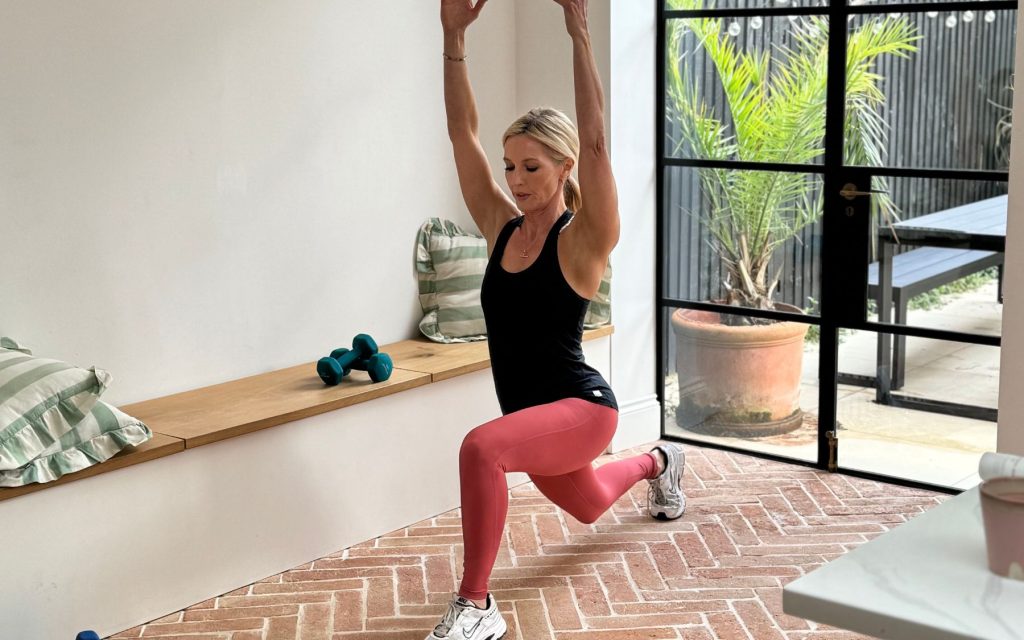
How strength training can help your running!
With the London Marathon just around the corner it is most certainly running season but how many runners are including strength training in their training plans? Strength training can significantly benefit your running performance by providing a range of physiological and biomechanical advantages. Here are some reasons why incorporating strength training into your routine can help with running:
Improved Muscle Strength: Strength training targets specific muscle groups, including the core, quadriceps, hamstrings, and glutes. Strengthening these muscles can enhance your ability to generate force and power while running.
Increased Running Economy: Strength training improves the efficiency of your movements, which translates into a better running economy. This means you use less energy to maintain a given pace, allowing you to run longer distances more comfortably.
Injury Prevention: Strength training helps to address muscular imbalances and weaknesses, reducing the risk of injuries. Strengthening the muscles around joints provides better support and stability, minimising the impact on joints during running.
Enhanced Power and Speed: Power generated from stronger muscles can contribute to a more explosive push-off during each stride. This can result in improved running speed and performance.
Better Running Form: Strength training, especially exercises targeting the core and lower body, can help improve overall posture and running form. Maintaining proper form is crucial for efficiency and injury prevention.
Increased Endurance: Building muscular endurance through strength training can help delay the onset of fatigue during a run. This is especially beneficial for long-distance runners.
Improved Joint Health: Strengthening muscles helps to stabilise joints and absorb impact more effectively, reducing the strain on joints such as the knees and ankles during running.
Enhanced Coordination and Balance: Strength training exercises often involve multi-joint movements called compound exercises, which can improve coordination and balance. This is valuable for maintaining stability and control while running, especially on uneven surfaces.
Specificity in Training: Tailoring strength training exercises to mimic running movements can enhance the neuromuscular adaptations specific to running. This specificity can lead to more effective and targeted improvements in running performance.
Incorporating strength training alongside your running routine is essential. Focus on compound exercises that engage multiple muscle groups, such as squats, lunges, deadlifts, and core exercises. It’s important that the strength training plan complements your running goals and takes into account your individual fitness level and needs but when the two are paired the results speak for themselves!
Are you a runner?
Caroline x



